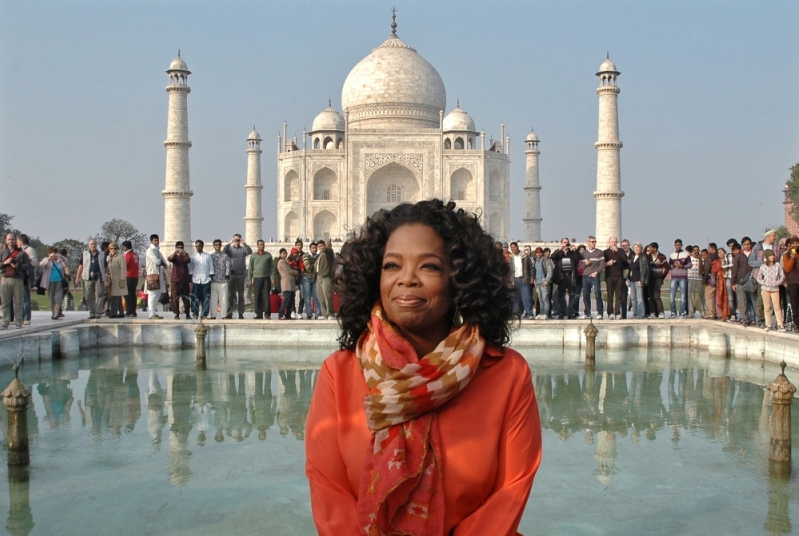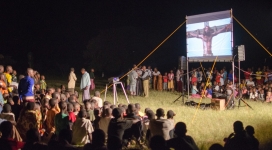
Speaking during a segment on Oprah Winfrey's controversial "Belief" series, an Islamic scholar claimed that jihad is one of the most misunderstood and misused concepts of the religion.
Varun Soni, the dean of Religious Life at the University of Southern California, spoke about Islam in the introductory video for the "Belief" segment, which aired on OWN last week, according to the Christian Post.
While "jihad" is defined by the Merriam-Webster Dictionary as "a holy war waged on behalf of Islam as a religious duty," the scholar asserted that such an explanation of the word is actually far from accurate.
"One of the most misunderstood concepts of Islam is 'jihad', which many people interpret as 'a holy war,'" Soni contended.
"But there is nothing holy about war," he argued. "What 'jihad' actually represents is an internal struggle, the battle that is raging in our own heart. And all of our religious traditions talk about that internal struggle. In that respect, jihad is not just a Muslim idea but it's a reality of the human condition."
Oprah's seven-part series explored religious and spiritual belief around the world, and was shot at 33 different locations worldwide, taking over three years to complete. Islam is the world's second-largest religion, with 1.5 billion followers worldwide. The media giant reportedly reached out to 100 faith leaders from Christianity, Islam, Judaism, Hinduism, and Sikhism for an advanced screening of the series before it premiered.
"Muslims see themselves as coming to god with great humility," Soni said in explaining his religion. "For Muslims, submitting to god creates a radical sense of equality. The most sacred text for Muslims is the Quran, which most Muslims believe is the direct word of god, as revealed to the prophet Muhammad.
The series has been heavily criticized by many in the Christian community because it puts forth the dangerous idea that one can reach God through a number of paths -- not just through the blood of Jesus Christ.
In a Facebook post last month, prominent evangelist Franklin Graham shared his thoughts on the series and charged that "There are not many paths to God or to eternal life with Him. A personal relationship with Almighty God through His Son Jesus Christ is the only thing that can fill the void in the human heart."
Emphasizing that such a belief is "not a matter of opinion," Graham added, "One way, one Savior, no exceptions."
As previously reported by the Gospel Herald, Graham punctuated his Facebook post with a link leading to an article in The Atlantic, which noted that over the years, Oprah has promoted an "eclectic spirituality," claiming that there are "millions of ways" to get to God, and has backed some New Age gurus, such as Deepak Chopra and Eckhart Tolle.
"Her difficult-to-nail-down theology led Christianity Today to call her 'a postmodern priestess-an icon of church-free spirituality,'" wrote journalist Jonathan Merritt, contending that Oprah's "millions-of-ways approach to faith comes through more than once" throughout "Belief".
"The debut episode depicts a birth to highlight that 'every single one of us enters through the same universal experience' before asking why we are here and whether 'there is a divine order to the mystery of our lives,'" he continues. "In the introduction to episode two, Oprah says, 'Our planet is home to countless religions, and nearly every one of those faiths asks us to love-love your God, your family, your neighbor.' It's a muffled but constant drumbeat."
During an interview with Harper's Baazar magazine in October, Oprah also revealed that she regularly receives inspiration from Sufism, or Islamic mysticism. She told the publication that she wakes up at around 5:45 a.m. and reads a passage from TheDailyLove.com and The Bowl of Saki, which she describes as "like the Sufi daily word."
"Love Sufism ...'the divinity of the human soul,'" the 58-year-old media mogul tweeted last September. "Within Our spiritual heart there is a direct connection to God."







